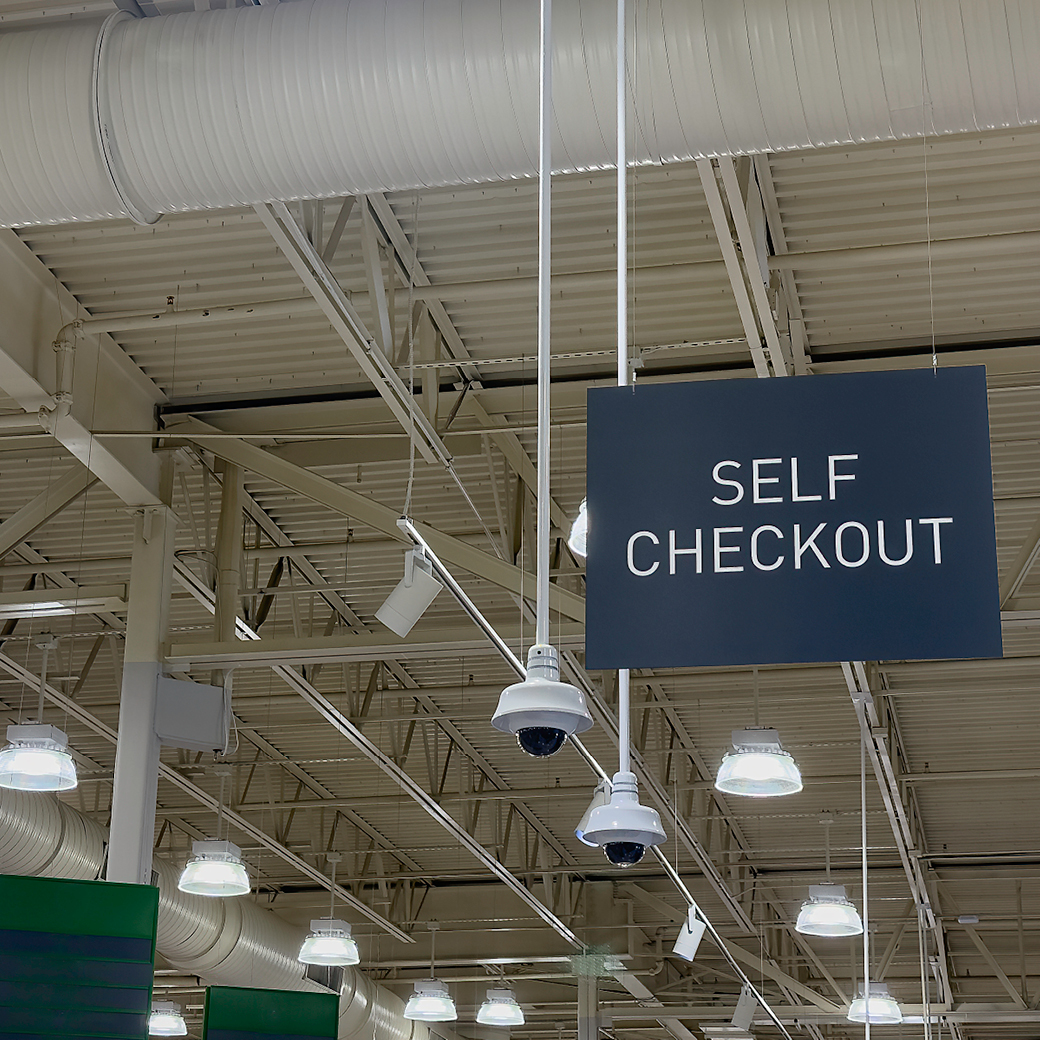
Plausible deniability is a term well known around Washington, DC. Much bad behavior escapes repercussions because of plausible deniability. Often part of the planning process for scurrilous activity is how responsibility for the actions will be subsequently skirted, if and when the piper starts playing.
Recently I have been watching the series “Dopesick” on HBO, based on the development, marketing and subsequent scourge and depredations of Oxycontin. I would certainly recommend it as an education on how the opioid epidemic came to pass, but there are also lessons in what happens when regulatory agencies are defanged; in rampant greed, and in the ongoing abuses of our legal and political systems. If you are one of the decreasing number of people in the US who imagines the very rich and the poor share a legal system, Dopesick will disabuse you of that quaint notion.
It has turned out to be the perfect show to dovetail with my recent reading of S.C. Gwynne’s Rebel Yell, an extremely readable biography of storied Confederate General Stonewall Jackson.
Much of my reading is history books, from which I learn so much about human behavior which is essential to my work. There are a couple of things that become broadly evident when one does so:
These points come into relief when bridging from the US Civil War to now.
It is generally taken as gospel that the US Civil War was a war enjoined to end slavery. In fact, it was nothing of the sort. If the southern Confederate states had taken the deal being offered them before hostilities broke out, they would have continued as slaving states and peace would have reigned. To be clear, slavery would still have been abhorrent and many people in the northern states would have continued to speak and toil strongly against it, but neither Lincoln nor the Federal Government were suggesting that the southern states be forced to end slavery anytime soon. Lincoln said he opposed the expansion of slavery to new States, but “would not interfere with it where it existed.”
As I said to someone recently, no matter what one’s beliefs, something the Bible nailed 2,000 years ago is, “The love of money is the root of all evil.” Slavery was close to free labor. That free labor had turned the US into an economic juggernaut (recommended read: Edward E. Baptiste, The Half Has Never Been Told). Even Great Britain, which proudly trumpeted that it had banned slavery, turned a very willful blind-eye to the fact that the industrial textile mills that paid for the subjugation of the British Empire, relied on cheap, plentiful cotton coming from the slave states of the southern US.
The emancipation Proclamation that was passed close to 2 years into the war was a very risky strategic move by Lincoln. He felt he needed to draw a line in the sand. There had been a lot of bloody fighting, yet it was the smaller, underfunded and undersupplied Confederates that were doing most of the winning. And, in truth, for most people, particularly in the North, there was not, initially, too much to fight for. But once the emancipation proclamation was signed, it became an existential struggle. Now it was primarily about slavery and there was no going back and thus, from the south’s perspective, their economic survival was on the line. There could be no draw. And the Union, with more manpower, more money and most all of the industry could be almost assured of eventually coming out of the struggle as the winner. Lincoln’s presidency was in the balance and his armies were not fighting and not winning. Now they had to fight for the Union States to survive. It makes a great story that a huge and bloody war was started to free all the slaves, but, in fact, they were just used as a bogeyman-threat to catalyze the war reaching its bitter end.
Here we are 160 years later, and, for most people, it is taken for granted that the civil war was simply between people who wanted to slave and those willing to fight and die to end it. It sounds so much cleaner that way – especially for the victorious north. Realizing the dirty truth that Black Americans were closer to a strategic bargaining chip leaves one much less surprised at how quickly the post-civil war US moved from the immediate freedoms Blacks enjoyed in the Reconstruction period directly after the war, to Jim Crow laws being spawned and reeling them back to servitude. (Basically a decade.) As with most of human behavior: if you don’t really want to change, change won’t stick. Jim Crow laws, the Dred Scott case, the weaponizing of the 13th Amendment, FHA redlining and everything that came along with them, were purposeful actions that led to foreseeable outcomes. In a courtroom, willful negligence or worse leads to repercussions and restitution.
If someone stole all of your grandparents’ savings and the courts refused to do anything about it; in fact if the courts at the time had said that your grandparents were less than human so they had no rights - but then much, much later there was an opportunity for your family to get back what was stolen from your grandparents, what would you say? Would you say that the people now living off the land and investments that were purchased with your grandparents’ savings were not the ones who committed the crime and so they should keep all the money and the advantages thus accrued? That you and your family would just continue to live with the concomitant ramifications of generational poverty? I think most people would want some corrections made. Not necessarily 180 degrees of correction, but something. (In the above hypothesis, let’s be honest, most people would want it all back…)
Whether one looks into one’s heart or even into one’s Bible for guidance, correcting 150 years of deprivation requires more than just saying, “Going forward, we’ll stop kneeling on your neck.”
To be clear: most people in the US are not actively involved in the subjugation of minority groups. This issue is not about current day Americans being called to guilt for the purposeful acts of their forefathers.
But saying, “it wasn’t me” while living off the proceeds of past crimes is an exceptionally well-crafted form of plausible deniability engendered by those who have crafted it best: the United States Government.
Just ask a Native American Indian; should you ever find one to ask…

“Everybody does it” may be the most dangerous moral shortcut we’ve collectively agreed to tolerate.

When humans face true cataclysm, we pull together. When it’s about money and power, not so much.
People seek to have power over their own lives. Teens, adults, older adults – everyone. What happens when they feel powerless? What happens when you or your communications make them feel they have less power?
The way we talk to others demand that they accept an identity for themselves, and sets up a particular relational dynamic. If we're not careful, that identity can be stigmatizing or turn away the very people we're trying to help.
Get the latest posts and updates delivered to your inbox.